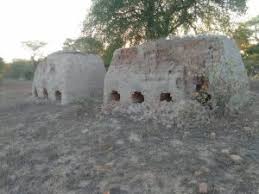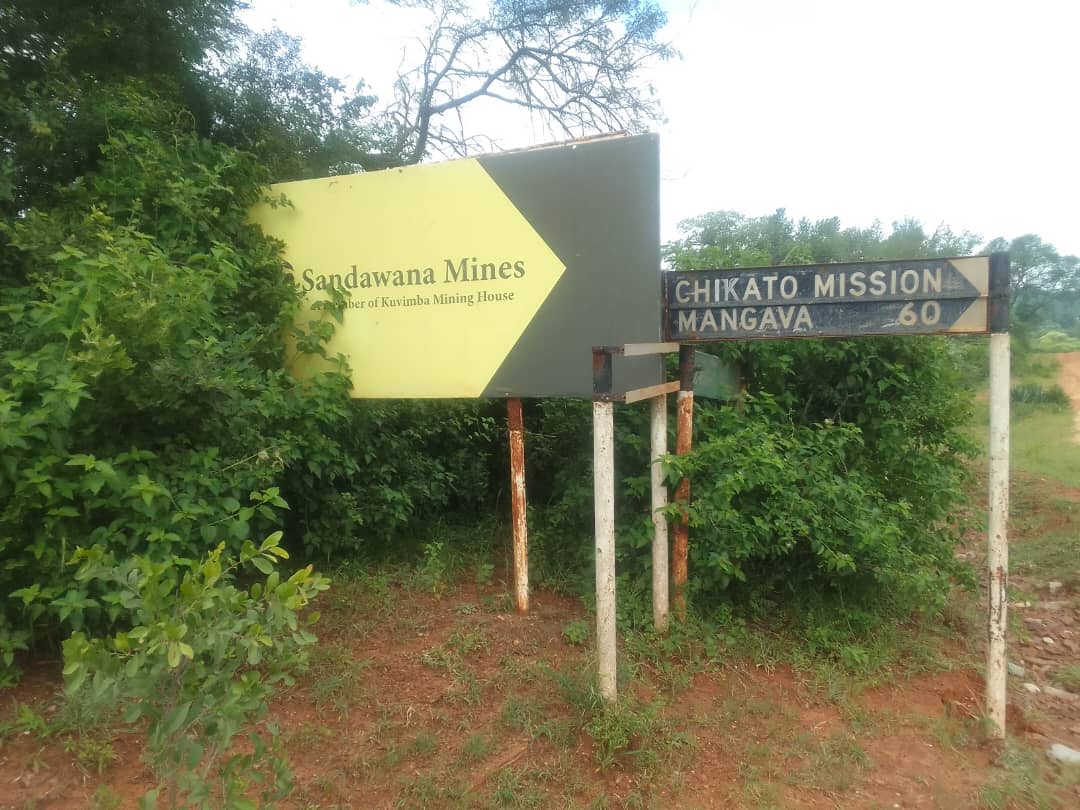Stanslous Ruvengo
There is an upsurge in the business of moulding farm bricks in Chivi district, and this is taking a huge toll on the environment which has to provide the clay, water and the wood needed to sustain the business, EnviroPress can report.
This reporter went around some areas in the district and witnessed many stacks of bricks (pictured) that have exacted an enormous cost on the local environment.
Non-reclaimed gullies and diminishing forests bear testimony to the environmental impact of moulding farm bricks for sale.
To do this business, villagers in the Mapuvire area of Ward 15 use water from the local stream, clay from mounds close to the stream’s banks, and wood from trees cut down in the vicinity.
The trend continues in wards 12,16,18 and 20 where people make a living from similar activities.
Some villagers that agreed to speak to EnviroPress said they were not insensitive to the need to preserve the environment, and were trying as much as possible to responsibly make use of the available wood resources.
“We understand that cutting down trees has repercussions on the environment so we are doing it with responsibility. We cut down the branches alone so that we do not destroy the whole stem of the tree,” said Cephas Mushavi.
Another villager, Tafadzwa Tapera of Mazorodze Village said young people were doing the bricks business because there were no better employment and business opportunities for them.
“If given a choice, young people would rather do something better for their livelihoods,” he said.
In the plots close to Geoffrey Elmann Bridge along the Tugwi River, Akunjera Amani has been doing the bricks business for years, and he said that was how he sent his children to school.
“I sustain my family through this business. Besides the school fees, I managed to pay for my wife’s medical treatment when she fell ill. I don’t know how I would have managed without doing the work that I do,” he said.
Brian Makiwa, who does his bricks business along Tugwane River in Mbeva Village, said more people got into the practice this year due to the prevailing drought which worsened the living conditions of many families.








